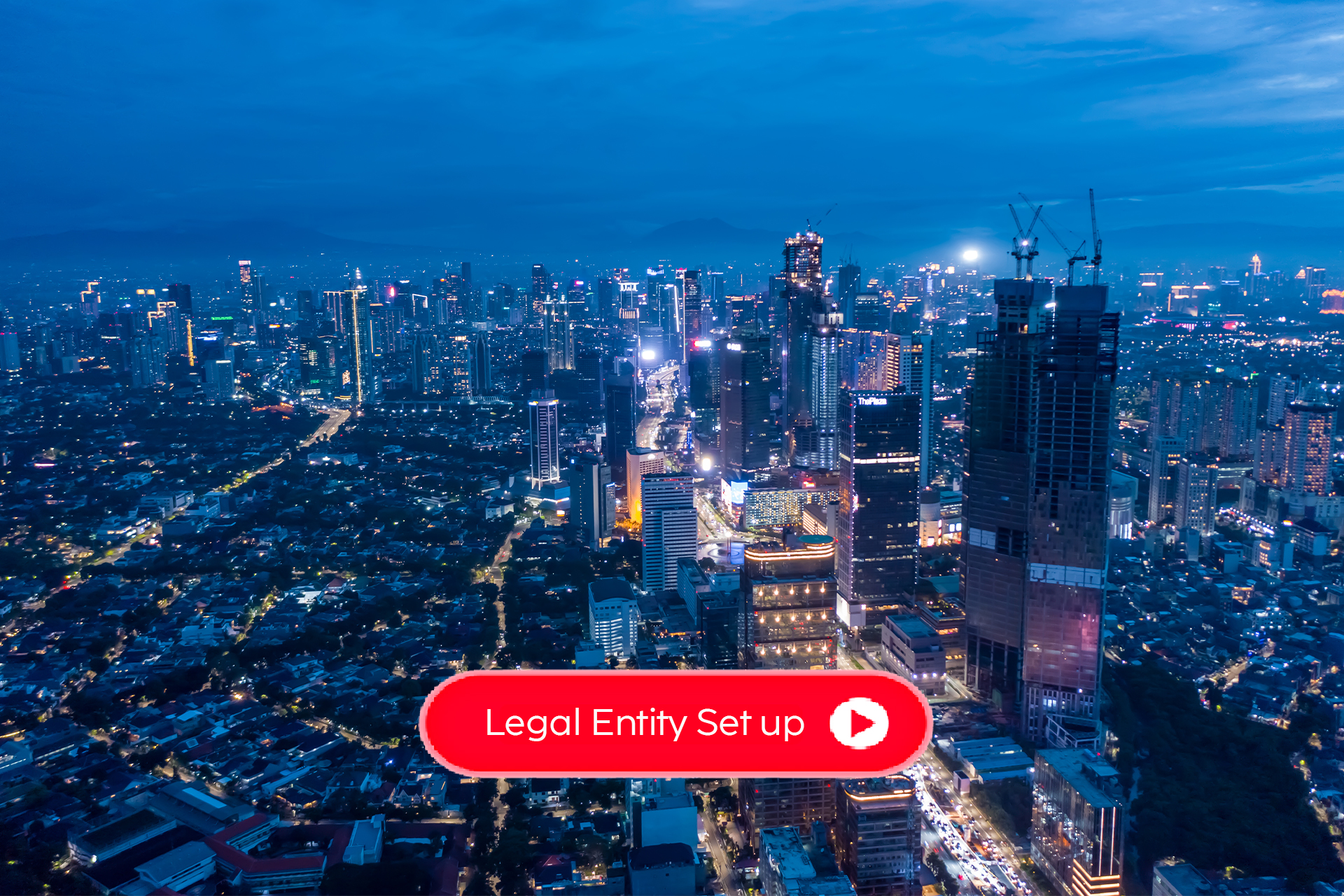In the diverse landscape of Indonesia, where culture, natural beauty, and innovation thrive, the stage is set for the burgeoning growth of startups in Southeast Asia. Entrepreneurs, fueled by entrepreneurial spirit, are racing to bring their innovative ideas into the business world. However, beneath this bright prospect lies the inevitable foundation crucial for the sustainability and continuity of businesses – the formation of legal entities.
Defined by the Cambridge Dictionary, a startup is a newly established or pioneering company, often associated with technology-based services. In the legal realm governing business entities, the form of startup business is equivalent to regular companies, encompassing both legal and non-legal entities. Thus, from a legal standpoint, there is no distinction between startups and other companies.
All companies can be categorized as Micro, Small, and Medium Enterprises (“MSMEs”) as long as they meet the criteria as regulated by Article 35 paragraphs (3) and (5) of Government Regulation No. 7/2021:
| Criteria | Micro | Small | Medium |
|---|---|---|---|
| Capital | ≤ Rp1 billion | > Rp1 billion to ≤ Rp5 billion | > Rp5 billion to ≤ Rp10 billion |
| Annual Sales | ≤ Rp2 billion | > Rp2 billion to ≤ Rp15 billion | > Rp15 billion to ≤ Rp50 billion |
Growth of Startups in Indonesia
The recent growth of startups in Indonesia has been extraordinary. According to Startup Ranking data as of June 14, 2023, there are 2,482 startups in the country, positioning Indonesia as the sixth-ranked nation globally, surpassing Germany and France.
The United States leads the world with the highest number of startups, totaling 74,827.
India secures the second position globally with 15,367 startups, followed by the United Kingdom in third place with a total of 6,826 startups.
Canada holds the fourth position with 3,704 startups, and Australia ranks fifth with a total of 2,634 startups.
On the other hand, Brazil ranks tenth among countries with the highest number of startups, totaling 1,178.
Considering this rapid growth, startups need to pay attention to their legal aspects.
The Importance of Legal Entity Formation for Startups
In the modern business landscape, it is vital for every startup to establish the right legal entity. Beyond providing the necessary legal clarity, forming a legal entity involves a clear separation between the business’s finances and the owner’s personal finances. This not only protects business assets but also lays a robust foundation for long-term growth.
Choosing the right legal entity is a crucial step. Indonesia offers various legal entity structures, from Limited Liability Companies (PT), cooperative forms to joint ventures. This decision should be based on business needs, the type of business, and future growth plans.
Before establishing a company, founders must choose a business entity, which can be a legal entity or a non-legal entity. A legal entity implies a separation between the personal wealth of the founder and the assets of the business.
This means that in the event of a legal issue, the business entity can only be sued or claimed for damages up to the assets of the business entity itself and does not include the personal assets of the founder. Examples of legal entities are Limited Liability Companies (“PT”), Foundations, and Cooperatives. In contrast, a non-legal entity is a business entity that does not separate the personal wealth of the founder from the assets of the business entity. Examples of non-legal entities are Commanditer Partnership (“CV”), Firm, and Civil Partnership.
It’s worth noting that companies meeting Micro, Small, and Medium Enterprise (MSME) criteria can take the form of a Limited Liability Company (PT) with several advantages, such as:
- A PT meeting MSME criteria can be established by a single individual.
- Reduced costs associated with establishing a legal entity.
- Support from the central and regional governments for MSMEs with a Business Identification Number (NIB), offering technical guidance, consultations, and/or training.
Business Licensing for Startups
The government now implements risk-based business licensing, assessed based on the level of danger and the potential for risk occurrence. The smaller the level of danger and potential risk, the fewer business licenses are required. The assessment of the level of danger is measured through aspects of health, safety, environment, and/or the utilization and management of resources based on Article 9 paragraph (1) of Government Regulation No. 5/2021.
Meanwhile, the assessment of the potential for risk occurrence is divided into several scales: almost impossible, low probability, likely, or almost certain to occur, according to Article 9 paragraph (4) of Government Regulation No. 5/2021.
Apart from business licenses, there are other licenses that need to be completed based on the respective business sectors. For example, if a company will use an electronic system, a permit is required to become an electronic system organizer based on Government Regulation No. 71/2019.
Legal Challenges and How to Manage Them
Startups in Indonesia, like in many other countries, often face unique legal challenges. Particularly, legal aspects related to labor and intellectual property rights need to be carefully considered.
In the context of labor law, aspects such as employment contract creation, employee policies, and an understanding of leave regulations should be carefully addressed. Meanwhile, in terms of intellectual property rights, protection for trademarks, patents, and copyrights is crucial to safeguard innovation and intellectual property wealth.
Guide to Online Legal Entity Formation
In conclusion, to streamline the legal entity formation process, Bizindo offers a fast, efficient, and reliable online formation service. With the assistance of our experts, you can navigate the entire entity formation process without leaving the comfort of your office or home.
Visit our website https://bizindo.com for more information and start your business journey with the right and efficient steps. Building your business with a strong foundation begins here!





 20% off today. Whatsapp us!
20% off today. Whatsapp us!